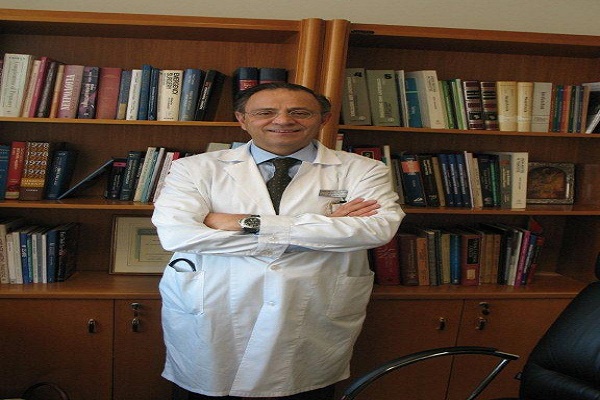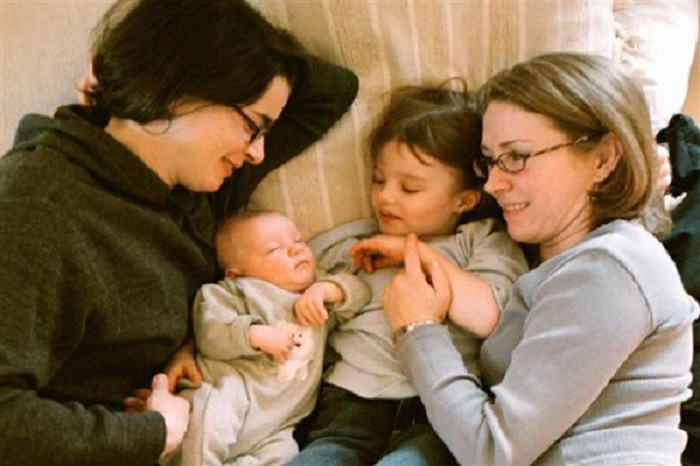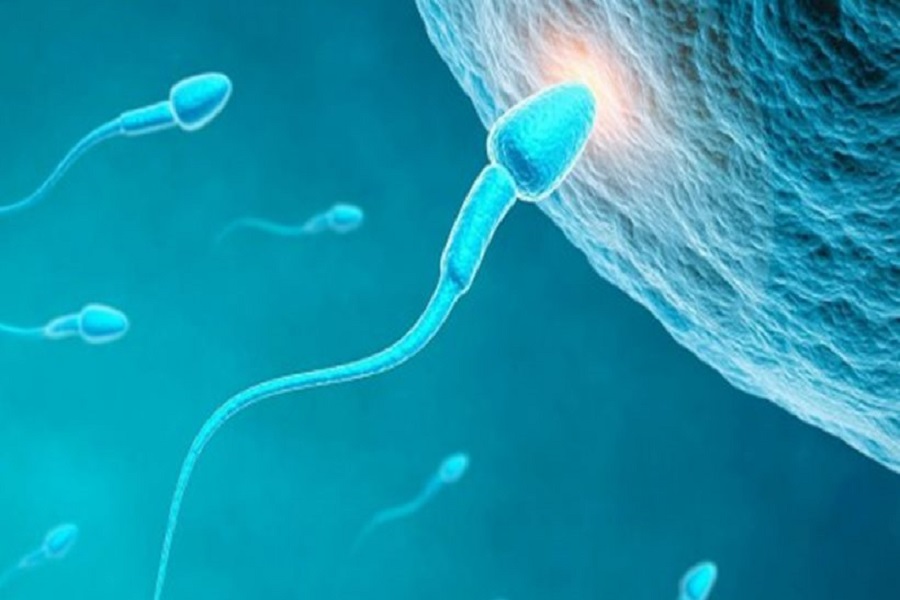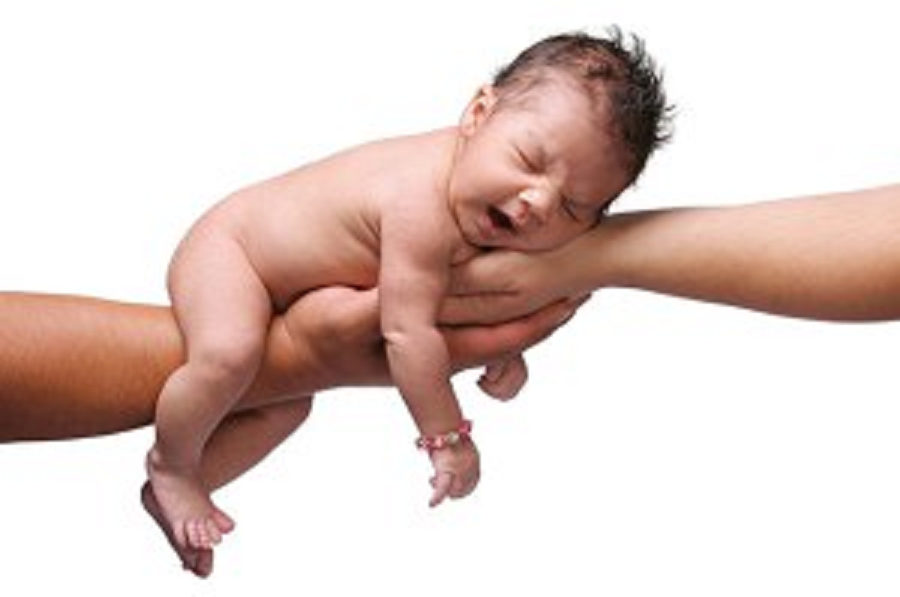News
Baby born with genetic disease after embryo test 'mistakes'
Published on: 20/01/2015
 A baby has been born with a genetic condition after a laboratory used by a Nottingham fertility clinic reportedly made a mistake interpreting PGD results.
A baby has been born with a genetic condition after a laboratory used by a Nottingham fertility clinic reportedly made a mistake interpreting PGD results.The parents were patients of CARE Fertility Nottingham and had opted to use PGD to screen for neurofibromatosis type 1, a genetic disorder that causes tumours to develop along nerves and can reduce life expectancy by up to 15 years. Around 50 percent of people with neurofibromatosis also have learning difficulties.
Minutes from theHuman Fertilisation and Embryology Authority (HFEA), which investigated the incident, outline how the couple had undergone a highly specialised type of PGD that is more technically demanding than normal PGD testing. However, a staff member at Genesis Genetics Europe (GGEu), the genetic lab used by CARE Fertility Nottingham, misinterpreted the results giving an incorrect diagnosis, resulting in an affected embryo being transferred to the woman.
The patient, whose healthy embryos were destroyed, was informed about the mistake after she became pregnant. The couple decided to continue with the pregnancy and the baby was born with the condition intended to be avoided in the first place. The HFEA's Licence Committee concluded that evidence confirmed earlier conclusions that misdiagnosis was the result of operator error and that corrective actions proposed by the laboratory would likely minimise the risk of it happening again.
In a separate incident involving another couple who were at one stage patients at the same clinic, a baby was born with sickle cell anaemia, a blood disorder that can lead to strokes, high blood pressure and breathing problems, despite having undergone screening for that condition.
The PGD screening for the disorder took place in 2008, but treatment resulted in an unsuccessful pregnancy and the remaining embryos were stored for future use. The mother became pregnant in 2012 following treatment at another clinic using one of the stored embryos, but a heel prick test done following the child's birth revealed sickle cell anaemia.
The HFEA explains that the incident may have occurred because of the type of testing available at the time being less robust than newer diagnostic tests, although it was not possible to confirm the original diagnosis.
'These two incidents are very serious and have no doubt been devastating for the couples involved,' a spokeswoman for the HFEA told the Daily Mail. 'They had treatment to have a healthy child but may now have children affected by a serious genetic condition,'
The incidents were highlighted in a recent HFEA report outlining a number of adverse incidents that have occurred across all UK fertility clinics (reported in BioNews 762). It has also grouped together other 'grade A' incidents at various clinics on its website.
In a statement made to BioNews, Professor Simon Fishel, managing director of CARE Fertility clinics, said: 'Although we are very upset that a misdiagnosis occurred, we have to recognise PGD is not totally risk-free, and patients are professionally and intensively counselled.'
'This [less than one percent risk of misdiagnosis] needs to be put in context of those families who have as high as a 50 percent risk of conceiving a child with the genetic disease [...] Couples are counselled and informed that the risk of having a child with an inherited condition is significantly reduced but not eliminated.' He adds, 'We believe it is positive medicine, albeit with still an attendant small risk.'
Both the incidents have since been reviewed and closed by the HFEA's Licence Committee, which is satisfied that 'the necessary corrective actions have been taken'. CARE Fertility Nottingham has also confirmed that it will continue to use the laboratory services provided by GGEu, which was inspected and approved by its accrediting body, the Clinical Pathology Accreditation.
Source: BioNews 785
- Published on: 28/06/2016
- Gov. John Bel Edwards has reversed course from his predecessor and agreed to create regulations governing surrogacy births in Louisiana. Read more
- Published on: 18/05/2016
- Experts point out that serious questions are raised regarding the birth of a child by an elderly woman Read more
- Published on: 18/05/2016
- A controversial geneticist, Severino Antinori, who became known for helping women over 60 years old to become pregnant, was arrested for stealing eggs from a patient. Read more






